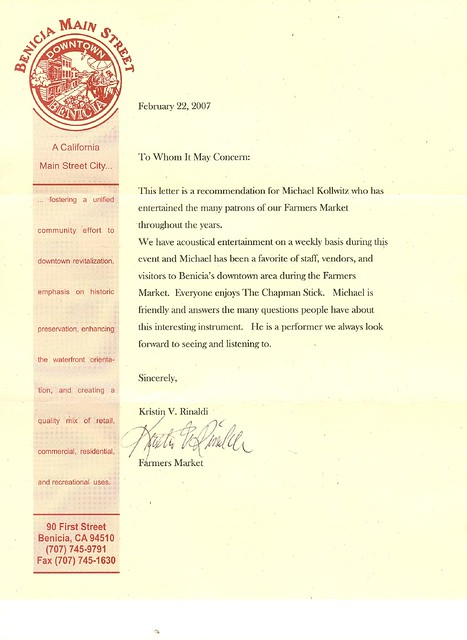Regardless of the circumstances, you may very well feel anxious when asking for a letter of recommendation.
Doubts may arise regarding the entire process. For example, you may wonder what the person whom you’re asking to write the letter will say, or if you’ll appear as a nuisance. If there are time constraints involved, you may feel like you’re imposing an even larger burden. You may also feel guilt about not being able to offer anything in return.
The truth of the matter, however, is that most employers will be more than happy to write a letter of recommendation— provided that it is requested in a proper fashion.
This post will discuss both the importance of a letter of recommendation, and how to properly ask for one, particularly when it is for a job.
Importance of a Letter of Recommendation
Quite simply, a letter of recommendation can help serve as an endorsement of a job candidate, as future performance can largely be predicted based upon previous performance.
A solid letter of recommendation is even more important when you have little to no formal work experience. In many cases, a great letter of recommendation can help balance out a bare resume.
Many employers also prefer a letter of recommendation over a reference call, as it can end up saving a lot of time.
Just Ask
It’s important to remember that when it comes to asking for a letter of recommendation, the worst thing that can happen is that your request is turned down.
As you’ll usually find though, you’re rarely the only one to ask any given boss, professor, etc. for a letter of recommendation. Thus, the most important thing is to simply be clear and concise about what you need.
Of course, you only want to ask people who can vouch for your abilities to write a letter of recommendation, but you should have a good idea as to whether someone will be able to write glowingly about you prior to making the request.
If you are unsure as to whether someone will write a letter that you’ll like, one option is asking to look over the letter’s content prior to it being sent.
Provide an Outline
Perhaps the best way to influence what ends up appearing in your letter of recommendation is to suggest the content itself.
Whether you were an “A” student in one of your classes, or you helped boost productivity in your former workplace, make sure that you provide concrete examples of how you were an asset in whatever environment you were in.
The more specific you can get, the better. Even if you were outstanding in whatever role you played, it is very likely that time will have eroded the memories of whomever you ask to write the letter.
Be Prepared to Write It
Oftentimes, busier individuals will not have the time to write you a letter of recommendation.
Although some would object to the idea of you writing your own letter of recommendation on the behalf of a former professor or employer, it is a fairly common practice in this day and age.
What usually ends up happening in this scenario is that after you write the letter, you send it over to the person who was supposed to write it. They look it over, and if it appears accurate, they physically sign it.
When taking this approach, it is still important to mention things that are relevant to the school or on-the-job experience in question, and moreover, are accurate.
Providing concrete proof of performance or a favorable anecdote are solid ways to go.
On a final note, don’t take it personally if parts of the letter are edited. Clear communication helps in this respect; if you’re able to predict what will be an issue of contention, it becomes much easier to write a letter that won’t later be edited.
Proper Etiquette
When asking for a letter of recommendation, the sooner it’s done, the better. If you can ask weeks, or even months, in advance it helps lessen any burden you’ve created. It also usually helps improve the content of the letter.
Another tip is to approach whomever you’re asking to write the letter in a direct manner. This means avoiding email and voicemail; a face-to-face meeting, or a direct phone call, are ideal.
It’s also wise to provide any supplementary materials that may help the professor or supervisor know you more in-depth. This may include a resume or cover letter.
Lastly, never forget to send a thank-you note to the person who ends up writing the letter. They likely had to make a sacrifice to write the letter in the first place, and this helps show your appreciation.
It is advisable to send a thank-you note within a week or two after the letter is written.

